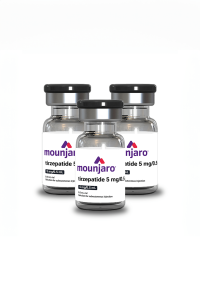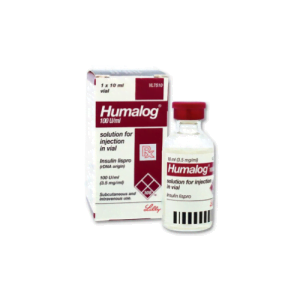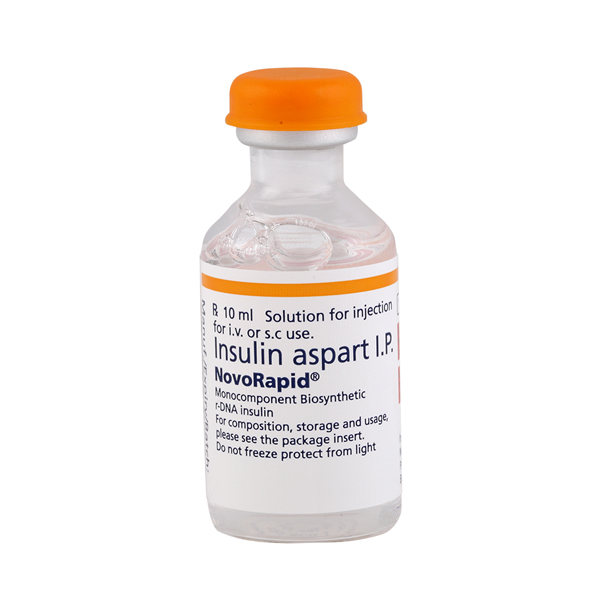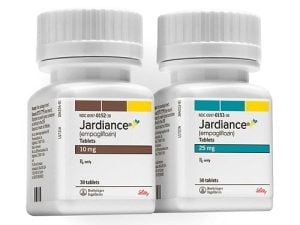One of the dangers of Type 1 and Type 2 Diabetes is how it can cause the onset of other health conditions and diseases.
As diabetes progresses in the body, its complications spread throughout different organ systems and affect different bodily functions.
Diarrhea, by itself, does not signify the presence of diabetes. Diarrhea can be caused by a variety of factors including spoiled food intake, lactose intolerance, bacterial overgrowth, etc.
However, diarrhea caused or aggravated by diabetes indicates an alarming health issue that is best controlled as early as possible.
Diabetes and Diarrhea
About 22% of individuals diagnosed with either Type 1 and Type 2 diabetes experience frequent diarrhea.
People with diabetes may acquire diarrhea due to triggers that are not connected with diabetes including too much coffee, alcohol, dairy products, fructose, and fiber. However, diabetic diarrhea is a condition that occurs when diabetes affects the digestive tract.
Diabetic diarrhea is a gastrointestinal complication of diabetes that persists for several weeks to months. Although the cause isn’t clearly defined, this condition has been associated with neuropathy.
Diabetic Neuropathy is nerve damage that affects the automatic nervous system, the section responsible for controlling involuntary functions such as digestion and breathing.
Neuropathy that affects the gastrointestinal tract is known as diabetic enteropathy. This affects the consistency and frequency of bowel movements which may lead to complications such as diarrhea.
Symptoms for diabetic enteropathy include:
- feeling full after eating,
- nausea,
- bloating,
- abdominal pain,
- diarrhea.
Diabetic diarrhea may occur at irregular intervals rather than once during long periods and it may also alternate with regular bowel movements. It has no specific time frame and may occur during the day and night. In some cases, it is painless.
Other causes of diabetic diarrhea may include the following:
Diabetes Medications
Metformin, Linagliptin, Saxagliptin, Sitagliptin, and Colesevelam are some diabetes medications that may cause diarrhea as side effects. It is important to strictly follow the doctor’s recommendations regarding the intake. If diarrhea persists, medications may be adjusted or changed.
Sugar-Free Sweeteners
Since diabetes causes a spike in blood sugar levels, individuals with Type 1 or Type 2 diabetes often consume food with sugar-free sweeteners. Sorbitol, maltitol, and mannitol are potent laxatives even in small dosages of 10 grams.
Other possible causes are:
- Pancreatic insufficiency
- Celiac disease
- Bacterial overgrowth
- Fecal incontinence resulting from anorectal dysfunction
Treatment
The treatment for diarrhea varies according to the identified cause.
If bacterial overgrowth is the culprit, treatment will focus on reducing the growth of bacteria in the body over a certain period of healing time. A doctor may also prescribe antibiotics.
Physicians may also recommend anti-diarrheal medications such as loperamide and other over-the-counter medications such as Pepto-Bismol.
However, diabetic diarrhea associated with neuropathy might be difficult to alleviate. Nerve damage associated with diabetes requires long-term management that involves blood sugar level regulation, a healthy diet, and regular exercise.
An important thing to note about diarrhea regardless of the cause is that it involves a high risk of dehydration. It is important to replenish any lost fluids by drinking plenty of water. Oral rehydration solution may also be necessary to replace lost salts and other important minerals the body needs.
If an individual is experiencing frequent diarrhea, it is best to avoid greasy, fried foods, sugar alcohols (sorbitol), milk and dairy products (if lactose intolerant), foods that induce gassiness such as beans and prunes, caffeine, alcohol, and carbonated sodas.
Avoiding this list of foods may aid in blood sugar management as well.
Conclusion
It is not uncommon for diarrhea to manifest in individuals with Type 1 and Type 2 diabetes. However, because of the wide range of reasons that may cause diabetes, it can be difficult to diagnose which one of the possible causes is responsible.
While it may not always be preventable, to avoid diarrhea it is best to take care of one’s body through a healthy diet and regular exercise, consistent maintenance of diabetes medications, and strict management of one’s blood glucose levels.
Diarrhea associated with nerve damage signifies worsening complications for diabetes. As diabetes progresses, so does its complications. It pays to be careful before irreversible damages occur to the body.
Doctor’s Recommendation
People with diabetes often have gastrointestinal issues, like chronic diarrhea. The exact cause isn’t clear, but it might be linked to high blood sugar levels. Some medications, such as metformin, can also cause similar symptoms. If you have diarrhea and diabetes, it’s important to see a doctor. They can help you manage your symptoms, which may include avoiding artificial sweeteners and possibly taking loperamide to help control bowel movements.
Disclaimer: Please note that the contents of this community article are strictly for informational purposes and should not be considered as medical advice. This article, and other community articles, are not written or reviewed for medical validity by Canadian Insulin or its staff. All views and opinions expressed by the contributing authors are not endorsed by Canadian Insulin. Always consult a medical professional for medical advice, diagnosis, and treatment.















